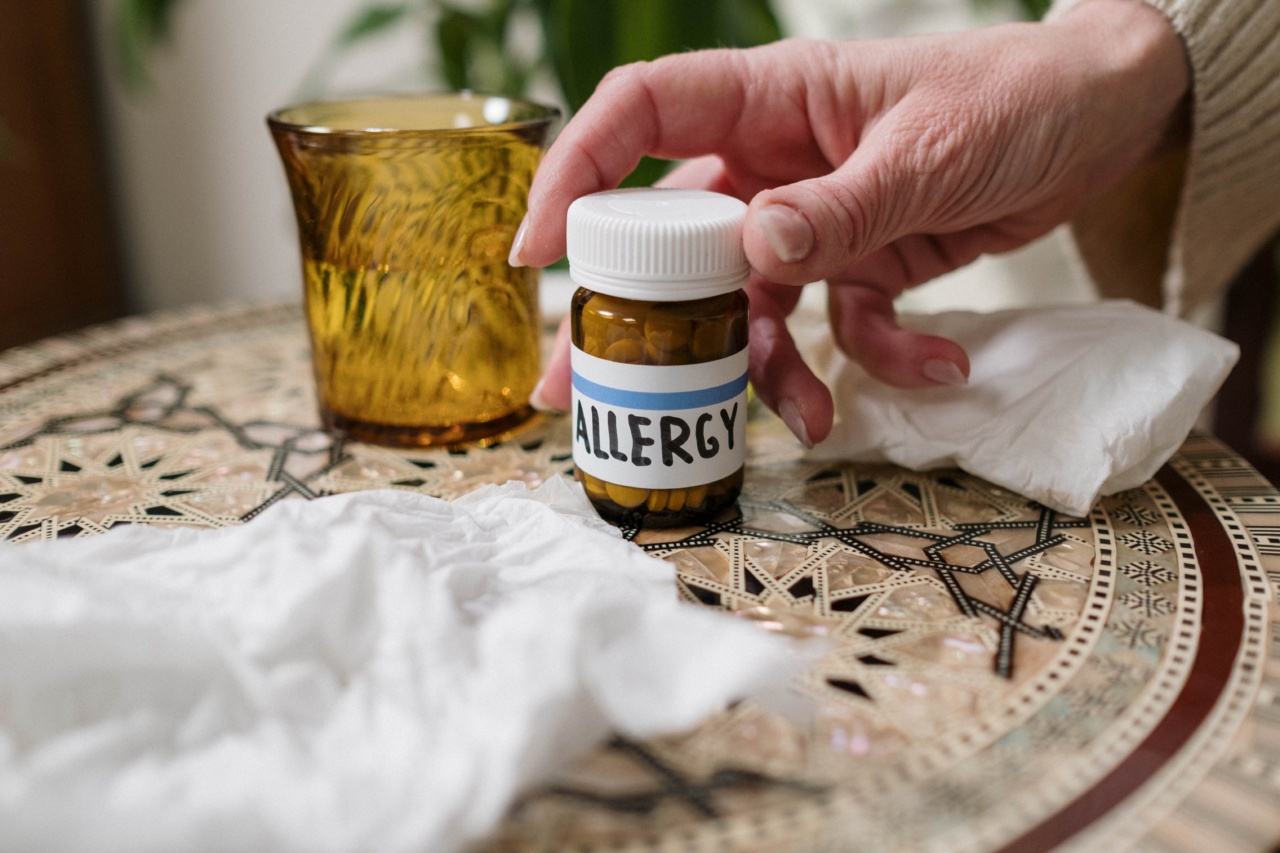Allergies affect millions of people worldwide, causing a variety of uncomfortable symptoms such as sneezing, itching, and congestion.
While there are many ways to manage allergies, including medications and avoiding triggers, recent research suggests that probiotics could play a significant role in preventing allergies. This article delves into the relationship between probiotics and allergies and explores how these beneficial bacteria can help support a healthy immune system.
Understanding Allergies
Allergies occur when the immune system overreacts to harmless substances, also known as allergens, causing various allergic reactions. Common allergens include pollen, animal dander, dust mites, certain foods, and insect venom.
When exposed to these allergens, the immune system produces histamines, leading to symptoms like itching, swelling, and inflammation.
While allergies are generally manageable, they can significantly impact an individual’s quality of life. Allergy medications, such as antihistamines, provide temporary relief but do not address the root cause of allergies.
That’s where probiotics come into the picture.
The Role of Probiotics
Probiotics are live microorganisms that provide numerous health benefits when consumed in adequate amounts. They are commonly found in fermented foods like yogurt, kefir, sauerkraut, and kimchi.
These beneficial bacteria help maintain a healthy balance in the gut microbiome, the community of microorganisms residing in our digestive system.
Research has shown a connection between the gut microbiome and the immune system. A healthy gut microbiome supports a robust immune response, helping to prevent the development of allergies.
Probiotics work by modulating the immune system, promoting the production of anti-inflammatory compounds and strengthening the gut barrier function.
Probiotics and Allergies
Several studies have demonstrated the potential of probiotics in preventing allergies, particularly in children.
A research article published in the Journal of Allergy and Clinical Immunology found that pregnant mothers who consumed probiotics during their pregnancy had a reduced risk of their children developing allergies later in life.
Furthermore, a review study published in the journal Pediatrics analyzed 25 clinical trials and concluded that probiotics, especially certain strains like Lactobacillus rhamnosus GG and Bifidobacterium lactis, can reduce the risk of eczema, a common allergic skin condition, in infants and children.
Mechanisms of Action
Probiotics exert their allergy-preventing effects through several mechanisms:.
1. Regulation of Immune Response
Probiotics stimulate regulatory immune cells, promoting immune tolerance and preventing allergic reactions. By balancing the immune response, probiotics help reduce exaggerated reactions to allergens.
2. Strengthening the Gut Barrier
Probiotics support the integrity of the gut barrier, preventing allergens from penetrating the bloodstream and triggering allergic responses. A strong gut barrier is crucial in preventing the development of allergies.
3. Modulating Inflammation
Probiotics produce anti-inflammatory compounds, which help reduce the inflammation associated with allergic responses. By modulating inflammation, probiotics can alleviate allergy symptoms and prevent their occurrence.
Choosing the Right Probiotic Strain
Not all probiotics are created equal when it comes to preventing allergies. Certain strains have been extensively studied for their allergy-preventing properties:.
1. Lactobacillus rhamnosus GG
This strain has shown promising results in reducing the risk of allergies, particularly eczema, in children. It can be found in some probiotic supplements and dairy products.
2. Bifidobacterium lactis
Another well-studied strain, Bifidobacterium lactis, has demonstrated the ability to reduce the risk of eczema in infants. It is commonly found in dairy products and probiotic supplements.
3. Lactobacillus casei
This probiotic strain has been shown to reduce nasal inflammation and improve symptoms in individuals with allergic rhinitis, commonly known as hay fever.
4. Lactobacillus plantarum
Studies have suggested that Lactobacillus plantarum may reduce the risk of allergic sensitization, particularly to airborne allergens like pollen.
When to Start Probiotics?
The timing of probiotic consumption appears to be crucial in preventing allergies. Research suggests that the benefits are most significant when taking probiotics during pregnancy, breastfeeding, and early infancy.
Introducing probiotics during these critical periods helps shape the developing immune system and may reduce the risk of allergies later in life.
Conclusion
Allergies can significantly impact one’s quality of life, but the potential of probiotics in preventing allergies offers hope for many.
By modulating the immune response, strengthening the gut barrier, and reducing inflammation, probiotics play a vital role in supporting a healthy immune system and preventing allergic reactions. Remember to choose the right probiotic strain and consider starting early, during pregnancy or early infancy, to reap the maximum benefits.































